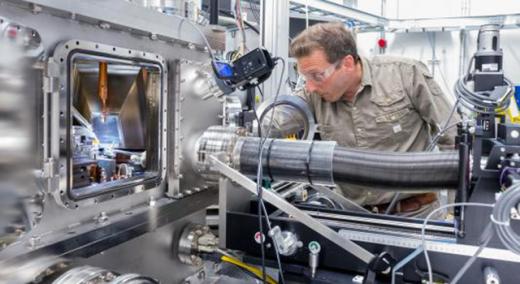
Artificial intelligence, or AI, requires a huge amount of computing power and versatile hardware to support that power. But most AI-supportive hardware is built around the same decades-old technology, and still a long way from emulating the neural activity in the human brain.
|
ADVERTISEMENT |
In an effort to solve this problem, a group of scientists from around the country, led by Shriram Ramanathan of Purdue University, has discovered a way to make the hardware more efficient and sustainable.
“We’re creating hardware that is smart enough to keep up [with advancements in AI] and also doesn’t use too much energy. In fact, the energy demand will be cut significantly using this technology.”—Argonne physicist Hua Zhou
Ramanathan and his team used quantum materials—those whose properties operate outside the bounds of classical physics—to develop a device that can sort information quickly and efficiently. Scientists at the Department of Energy’s (DOE) Argonne National Laboratory, DOE’s Brookhaven Laboratory (BNL), and the University of California at San Diego helped him learn exactly how it works.
…
Add new comment